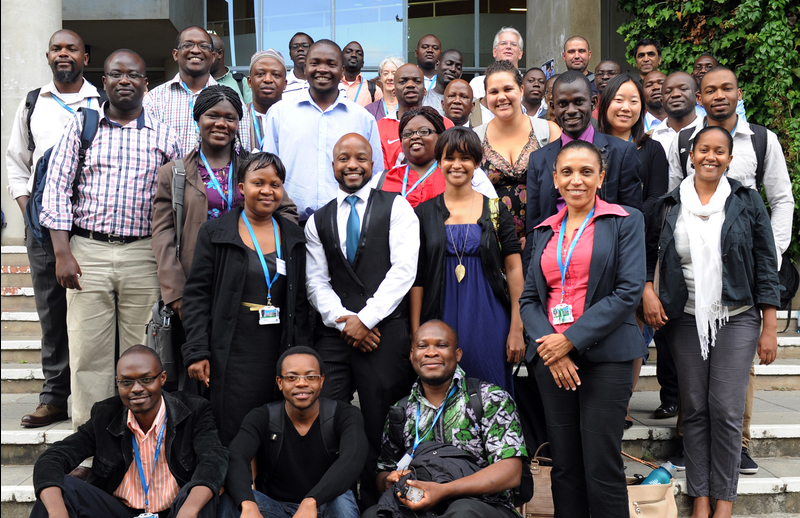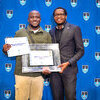CSSR Summer School builds capacity to analyse African data
06 March 2013 | Story by Newsroom
Thirty young researchers from 16 countries across Africa, as well as a number of UCT's own students, attended the Summer School organised by the Centre for Social Science Research (CSSR), in conjunction with the Afrobarometer network, in January.
According to CSSR director, Professor Jeremy Seekings, this year's Summer School was the first organised jointly by the CSSR and the Afrobarometer network. The Afrobarometer is a continent-wide study of public opinion on political issues, now more than ten years old. The network has run summer schools for young researchers involved in data collection in different countries in the past, while the CSSR has also run short courses for government, NGOs and young researchers.
"This year, we combined the two into what we hope will become a regular, institutionalised forum for building social science research among young African researchers" said Seekings. "The School was three-and-a-half weeks long, shoehorned in between the New Year and the return of UCT students in orientation period."
The Summer School is funded in part by the Vice-Chancellor's Strategic Fund and is a formally accredited UCT course.
Participants learn the basics of analysing quantitative data on social and political attitudes and behaviour.
"We are strong believers that these kinds of skills need to be learnt in an applied context, so we also run classes on substantive themes such as democratisation or public policy-making in Africa," said Seekings.
Every participant has to present and write a mini-research project in which they apply these skills to a problem of their choice and, said Seekings, some of the projects this year "were really very good".
Most of the Summer School was taught by a team from the CSSR, but this was supplemented by scholars from elsewhere as UCT currently lacks sufficient depth in the analysis of African politics and society using quantitative data, Seekings said.
"Following South Africa's lead, most of Africa is now awash in quantitative data, primarily from sample surveys. Unfortunately, few countries have the social scientists to analyse these data, so most of the analysis is done in the US or Europe, with African researchers serving as data collectors in a rather colonial model.
"Initiatives like our Summer School build capacity in Africa to analyse African data, and thus for African scholars to make a stronger contribution to addressing African problems such as fragile democracy and uneven development."
 This work is licensed under a Creative Commons Attribution-NoDerivatives 4.0 International License.
This work is licensed under a Creative Commons Attribution-NoDerivatives 4.0 International License.
Please view the republishing articles page for more information.










